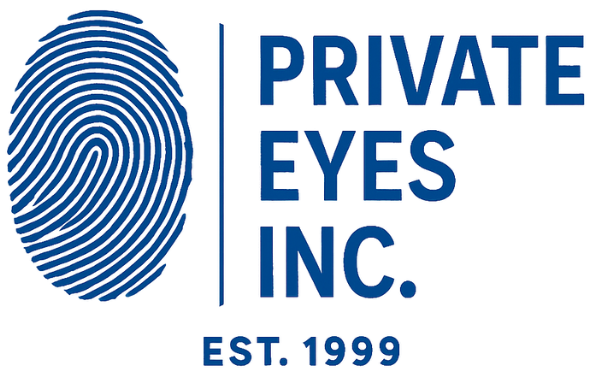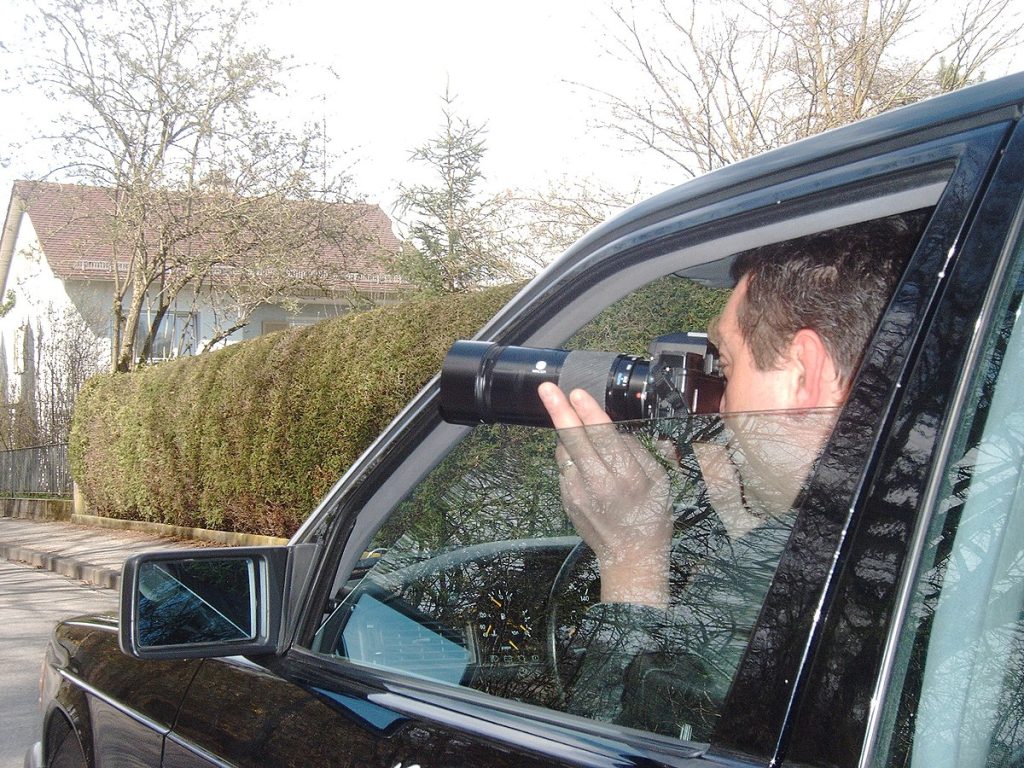Private Eyes, Inc. can assist you with various types of Forensics Investigations.
Our team of investigators have decades of law enforcement experience and can assist you and your legal team in finding the truth.
Do I need a forensic investigator?
Yes. There are a few situations for which hiring a private investigator would be wise:
If you have been accused of a crime: The most efficient way to clear your name is to allow a professional, unbiased source gather evidence.
If you have been the victim of a crime: Evidence found by an investigator is reliable and will stand up in court.
If your spouse is cheating on you: An infidelity investigator can prove your spouse’s actions via email, voicemails, and other surveillance, in order to get you the compensation you need.
If you are a business owner: Companies and employers often use corporate investigations because they can uncover sexual harassment issues, lawsuits from disgruntled employees, internet abuse, stolen customer information, or intellectual property issues.
While it is true that almost all police forces have a forensic team on staff, these investigators often handle multiple cases at once. Not only will hiring your own investigator ensure that your case is at the forefront, but they can continue their investigation for as long as you need.
What is forensic evidence?
- Genetic material (blood, hair, skin)
- Trace chemicals
- Dental history
- Fingerprints
- Witness testimonies
- Bullets or other potential weapons (ballistics)
- Shoe and tire marks
- Illicit substances
- Documents, files, and records (hospital records, tax forms, job history, etc.)
- Computers and phones
- ideos or photographs
Direct vs circumstantial evidence: Direct evidence establishes a fact and includes eyewitness testimonies and/or confessions. Circumstantial requires inference on behalf of the judge or jury. Fingerprints or hair fibers suggest someone was at the scene of the crime.
Physical vs biological evidence: Physical evidence is nonliving, inorganic material like fingerprints, glass, or bullets. Biological evidence is organic material like DNA, wood, or plants.
Reconstructive Evidence: This includes any evidence that allows police to better understand how the crime took place.
Associative evidence: Any evidence that links a suspect to a scene at a given time.
Testimonial evidence: What is said in court by a competent witness.
Forensic Accounting – Auditing
A forensic accounting investigation aids the victims of fraud or financial crimes. Also known as financial investigations, this kind of analysis uses intelligence-gathering techniques, accounting, business, and communication skills to provide evidence to attorneys involved in criminal and civil investigations. They investigate by combing through a large amount of relevant figures, searching for irregularities or illegal financial practices. Crimes can vary from tax evasion to theft of company assets. They also look into insurance claims and high payouts.
Forensic accounting services can include:
- Searching for hidden assets
- Calculating lost wages
- Tracing misappropriated funds
- Performing fraud investigations
Call or email Private Eyes, Inc. to schedule an appointment and get started today! (866)774-3937 – Corporate Office info@profileage.com We are here for you 24/7/365








